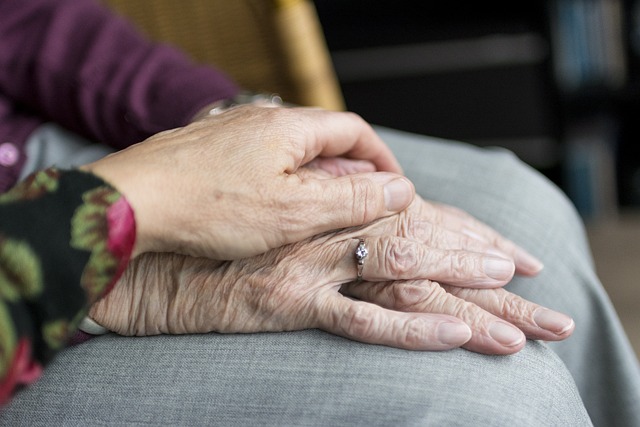Person-centered care is an approach to healthcare that puts the individual at the center of their own care. It recognizes that each person has unique needs, preferences, and goals, and seeks to involve them in all aspects of their treatment.
This approach shifts the focus from simply treating a medical condition to considering the whole person – including their physical, emotional, social, and spiritual well-being. Person-centered care values the individual’s autonomy and respects their choices, encouraging them to actively participate in decision-making processes regarding their health.
In this blog post, we will explore the principles of person-centered care and why it is crucial for improving patient outcomes and overall healthcare experiences. Let’s get started.
What are the Person-Centered Care Principles?
Person-centered care is a philosophy that prioritizes the individual’s needs and preferences in healthcare. As highlighted by the team behind Avas Support, it emphasizes building a trusting relationship between patients and healthcare providers, acknowledging their expertise, and promoting shared decision-making. Some of the key principles of person-centered care include:
- Respect for individuals: recognizing and honoring each person’s unique values, beliefs, culture, and social context.
- Collaboration and partnership: involving patients, their families, and caregivers in all aspects of care planning and decision-making.
- Empowerment and autonomy: supporting individuals to make informed choices about their health and treatment options.
- Holistic approach: considering not only the physical but also the emotional, social, and spiritual needs of a person.
- Continuity of care: providing ongoing support that addresses the individual’s changing needs over time.
Person-centered care is about treating each person with dignity, respect, and compassion while acknowledging their right to be involved in their own health and well-being. For instance, a person-centered approach to dementia care might involve tailoring activities to the individual’s interests and abilities, rather than focusing solely on their diagnosis.

Why is Person-Centered Care Important?
Person-centered care has the power to transform healthcare and improve patient outcomes in various ways, including:
1. Improved Health Outcomes
By involving patients in decision-making processes and considering their individual preferences and goals, person-centered care increases treatment adherence and engagement. It also leads to better health outcomes, such as reduced hospital readmissions and improved overall well-being.
2. Increased Patient Satisfaction
When individuals feel respected and involved in their care, it enhances their satisfaction with the healthcare experience. This can have a positive impact on their emotional well-being, making them more likely to seek out and comply with necessary treatments.
3. Better Communication and Trust
Person-centered care promotes open and honest communication between patients and healthcare providers. This leads to a better understanding of the individual’s needs and values, fostering trust in the relationship.
4. Cost-Effective Care
Studies have shown that person-centered care can lead to cost-effective healthcare, primarily by reducing unnecessary hospitalizations and treatments. It also helps prevent medical errors, which can be costly to both patients and the healthcare system.
Person-centered care is not just a buzzword; it is a fundamental shift in how we approach healthcare. By prioritizing the individual’s needs, values, and preferences, we can provide more effective and satisfying care that promotes their overall well-being. Whether you are a patient or healthcare provider, understanding and embracing the principles of person-centered care can lead to a more positive and meaningful healthcare experience for all involved.
